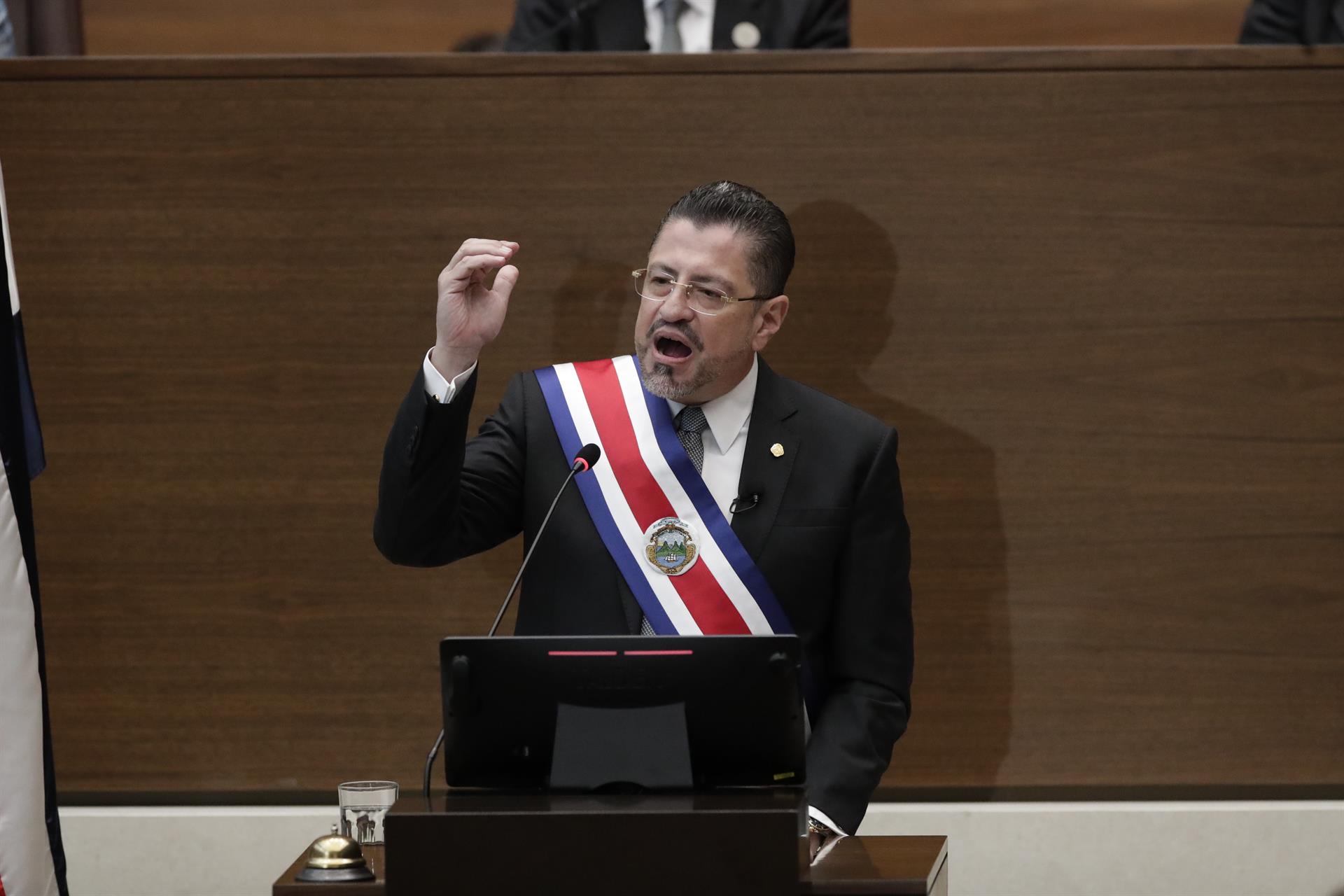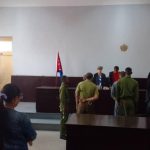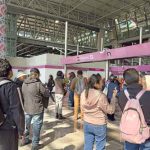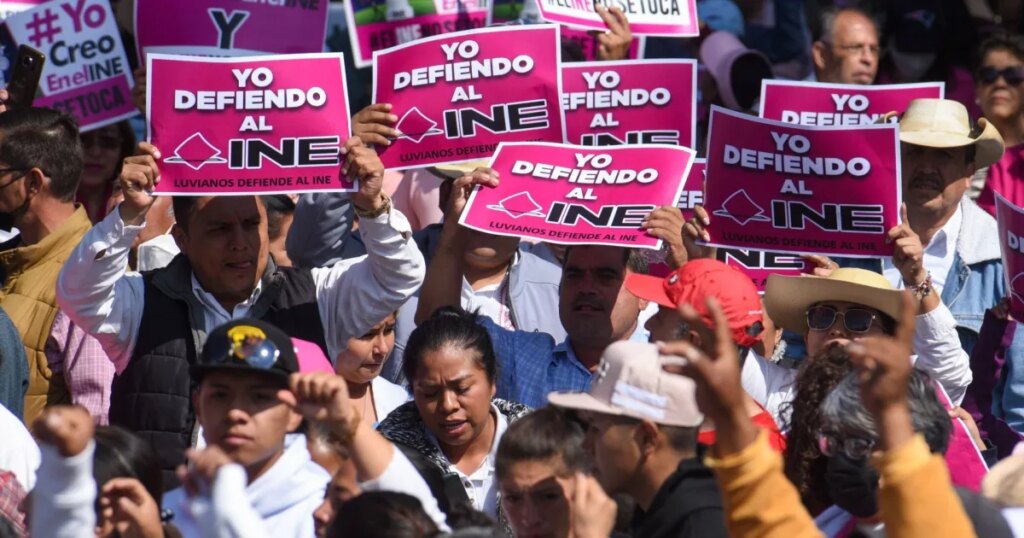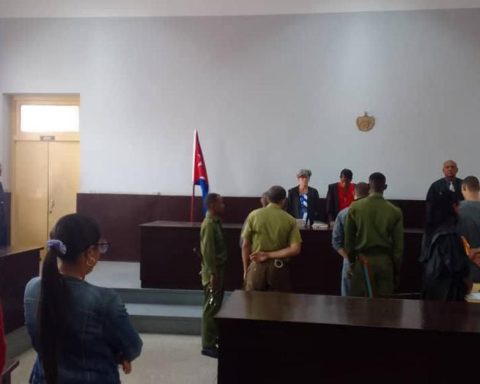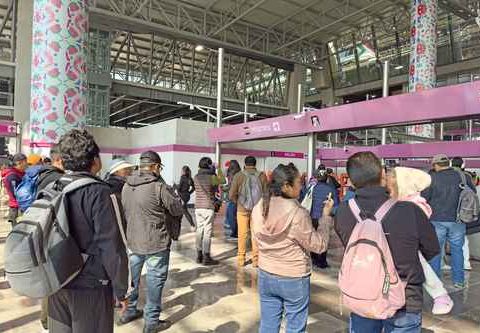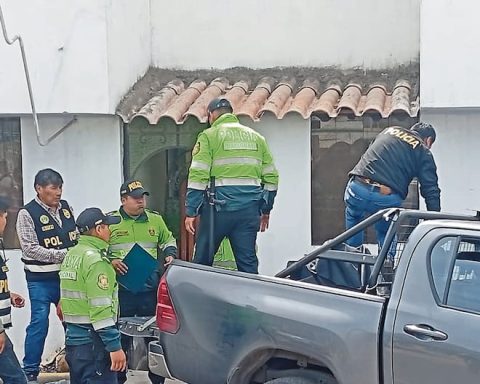The Center for Inter-American Legal Assistance in Human Rights (Calidh) received with “concern” the recent statements by the President of Costa Rica, Rodrigo Chaves, in which he warns that he will no longer receive economic refugees in the Central American country. The agency considers that this position does not conform to international human rights standards in terms of migration, specifically refuge.
“For the Center, the president’s statements could toughen the regulations that make the requirements to obtain an updated immigration status in Costa Rica almost inaccessible for Nicaraguans,” Calidh said in a statement.
He added that the statements of the Costa Rican president could strengthen the speeches, specifically xenophobia, “that are installed and that encourage discrimination and crimes with respect to Nicaraguans because of their origin.”
To date Nicaragua is the country with the most migrants and refugees in the Central American country. Official data indicates that Costa Rica has received more than 200,000 refugee applications since 2018, when Nicaragua registered the worst human rights crisis in its modern history.
Related news: Jesuit Migrant Service of Costa Rica rejects announcement by President Chaves
The organization recalled that although President Chaves said that the refugee status is used for labor purposes, for decades the Costa Rican economy has been largely sustained by the work of hundreds of thousands of Nicaraguans “than due to the difficulty in obtaining immigration documentation in force, they work in precarious working conditions, workplace violence, with wages and living conditions below average”.
Statement 07-2022 regarding the statements by the President of Costa Rica on political and economic refuge
«[…] For decades, to a large extent, the Costa Rican economy has been sustained in fact by the work of hundreds of thousands of Nicaraguans.” pic.twitter.com/QuttrB1bKA
— CALIDH (@CALIDH_CALIDH) November 23, 2022
adoption of measures
In the statement, Calidh stressed that Costa Rica should not only continue its humanitarian tradition of receiving populations fleeing contexts of serious human rights violations, such as Nicaragua, but should also adopt all legislative, executive, and administrative measures to grant an immigration status easily and without too many requirements and delays.
“The rigidity of immigration regulations places the State of Costa Rica in a systematic conduct of denying access to many essential rights to the Nicaraguan population that lives under its jurisdiction, especially decent work and social security assistance,” he emphasized.
Finally, Calidh regretted that this government discourse occurs in a context such as the one experienced by the Nicaraguan population, which is forced to leave the country due to the repression of the regime of Daniel Ortega and Rosario Murillo. For the agency, these statements leave the migrant population no other option than to stay in their country under a dictatorship that commits crimes against humanity.
“The attitude of the government of Costa Rica in this regard is not conducive to that of a democratic State,” he concluded.
